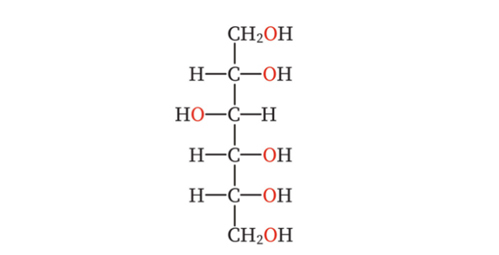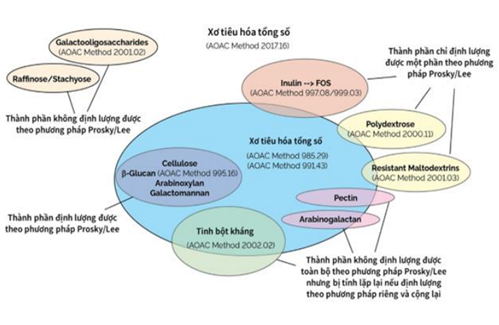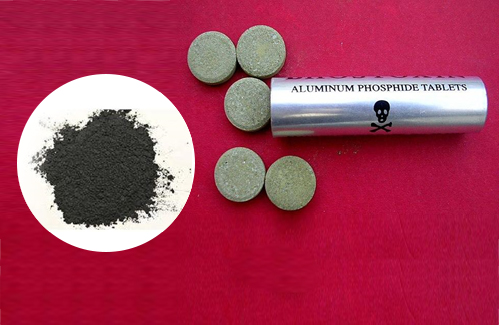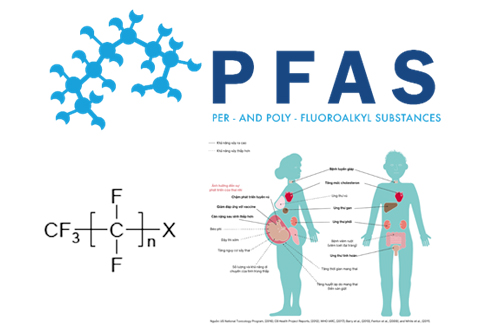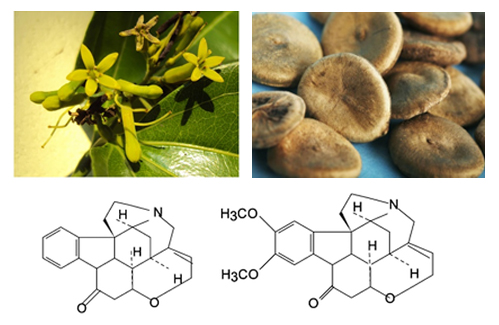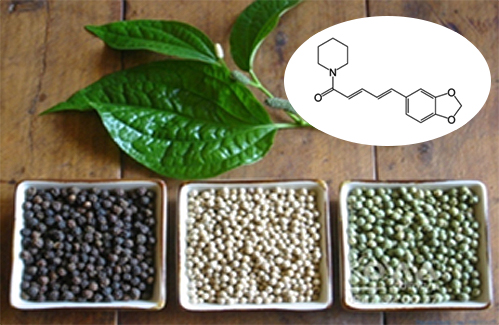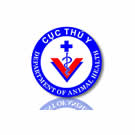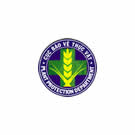- Folder Technical News
- Views 5201
- Last Updated 23/05/2024
Bifidobacteria have the ability to enhance the immune system and provide support against infectious diseases. Supplementing with these beneficial bacteria helps balance the gut microbiota, increase resistance, and have a positive impact on human health.
1/ Bifidobacteria: Classification and Role in Human Health
Bifidobacteria are a group of bacteria that play a crucial role in maintaining the balance of the gut microbiota, which is essential for human health. These bacteria not only compete with pathogenic bacteria but also interact with the immune system, producing antimicrobial substances like lactic acid and antimicrobial peptides. These substances inhibit the growth of harmful bacteria, enhance immune responses, and help maintain immune balance. Overall, Bifidobacteria significantly contribute to improving digestive function and nutrient absorption [1].
Bifidobacteria belong to the family Bifidobacteriaceae, which comprises lactic acid-producing bacteria. They are Gram-positive, non-spore-forming, non-motile, and anaerobic. Bifidobacteria were initially discovered by the French scientist Henri Tissier in 1899 from the feces of infants. While Bifidobacteria can be found in various environments, they are predominantly present in the intestines of infants, adults, and animals. They are also present in breast milk and play a vital role in protecting the health of infants. Bifidobacteria are classified based on their biological and morphological characteristics, and currently, there are more than 50 described species of Bifidobacterium [2]. Some important species of Bifidobacteria include:
- Bifidobacterium longum (B. longum): This species has the ability to break down fiber and produce enzymes necessary for fiber digestion. It also inhibits the growth of pathogenic bacteria in the gut.
- Bifidobacterium breve (B. breve): B. breve is used to treat certain conditions such as constipation, diarrhea, irritable bowel syndrome, and even colds and flu.
- Bifidobacterium bifidum (B. bifidum): B. bifidum has the ability to protect against pathogenic bacteria and stabilize the gut microbiota.
- Bifidobacterium infantis (B. infantis): B. infantis can digest components of breast milk, including lactose and oligosaccharides. It produces lactic acid and antimicrobial substances that help protect the intestinal health of infants.
- Bifidobacterium animalis (B. animalis): This species enhances gastrointestinal health, supports the immune system, and helps maintain a balanced gut microbiota.
2/ Analysis and Testing Methods for Bifidobacteria
- Traditional culture method: Performed according to TCVN 9635:2013 for the quantitative determination of presumed Bifidus bacteria by colony counting at 37 °C.
- Molecular biological methods: PCR, Real-time PCR.
- Combined methods: Culturing on agar plates, followed by identification using Malditof and sequencing the 16S gene.
Various methods are employed for the analysis and testing of Bifidobacteria, and one commonly used approach is the traditional culture method. In this method, Bifidobacteria are quantified by performing colony counting at 37 °C, according to the standard TCVN 9635:2013.
Molecular biological methods, such as Polymerase Chain Reaction (PCR) and Real-time PCR, are also utilized for the analysis of Bifidobacteria. PCR enables the amplification and replication of specific gene segments of Bifidobacteria, facilitating their presence and accurate identification. Real-time PCR provides rapid results and quantifies the number of Bifidobacteria in a sample (Note: This method does not differentiate between live and dead bacteria).
The combined analysis method involves culturing Bifidobacteria samples on agar plates, identifying them using the Malditof (Matrix-Assisted Laser Desorption/Ionization Time-of-Flight) method, and analyzing the 16S gene sequence. This method combines traditional culture techniques with molecular biological techniques to precisely determine and identify Bifidobacteria [3].
Up to 2024, the National Institute for Food Control conducts testing for Bifidobacterium indicators in functional foods or food ingredients, milk and dairy products, animal feed, and probiotics.
The National Institute for Food Control possesses advanced food testing capabilities in Vietnam, featuring a well-equipped laboratory and an experienced team of professionals and experts. The institute is committed to providing customers with the best food testing services based on the principles of honesty, dedication, accuracy, efficiency, and credibility.
In addition to testing activities, the National Institute for Food Control offers training courses on testing methods, equipment calibration services, supply of standard samples and materials, interlaboratory comparison programs, and proficiency testing. For more information, please contact:
- Headquarters: Center for Scientific and Technical Services - National Institute for Food Control
-
Address: 65 Pham Than Duat, Mai Dich Ward, Cau Giay District, Hanoi
Hotline: 0084 85 929 9595
Email: baogia@nifc.gov.vn
- Training: Center for Scientific and Technical Services - National Institute for Food Control
-
Address: 65 Pham Than Duat, Mai Dich Ward, Cau Giay District, Hanoi
Hotline: 0084 3226 2251
Email: daotao@nifc.gov.vn
- Instrument Calibration
-
Mrs. Nguyen Thi Ha Binh
Address: 65 Pham Than Duat, Mai Dich Ward, Cau Giay District, Hanoi
Hotline: 0084 98 8479022
Email: calib@nifc.gov.vn - habinhsp86@gmail.com
- Reference Materials, Standards Providing: Center for Scientific and Technical Services - National Institute for Food Control
-
Address: 65 Pham Than Duat, Mai Dich Ward, Cau Giay District, Hanoi
Hotline: 0084 3226 2251/0084 983 739 653 (Ms Thuy)
Email: ptp.rm@nifc.gov.vn
- Representative office in Ho Chi Minh City
-
Address: Tan Cang - Cat Lai Port, Room A102, Gate B Cat Lai Port, No. 1295B Nguyen Thi Dinh Street, Cat Lai Ward,
District 2, Ho Chi Minh City
Phone: 0084 28 37400 888/ Hotline: 0084 918 959 678 (Mr. Nghi)
Email: vpsg.nifc@gmail.com
- Representative office in Hai Phong
-
Address: No 1, Ngo Quyen, Hai Phong city
Phone: 0084 225 8830316 / Hotline: 0084 983 300 226 (Ms. Thuong)
Email: dothanhthuong226@gmail.com





